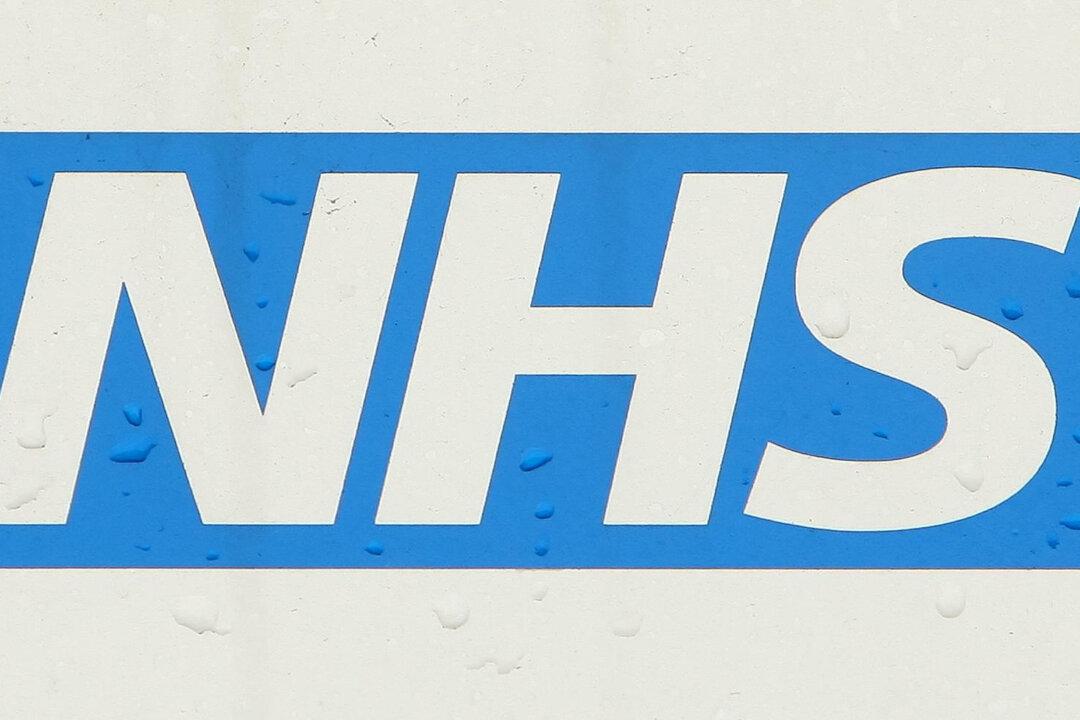The UK’s National Health Service (NHS) is lagging behind many comparable countries in terms of health outcomes, a study has found.
While the taxpayer-funded health care system does well in shielding the ill from the financial impact, it performs worse in a number of important outcomes such as life expectancy and avoidable deaths, according to the research (pdf), published on June 26 by The King’s Fund.





